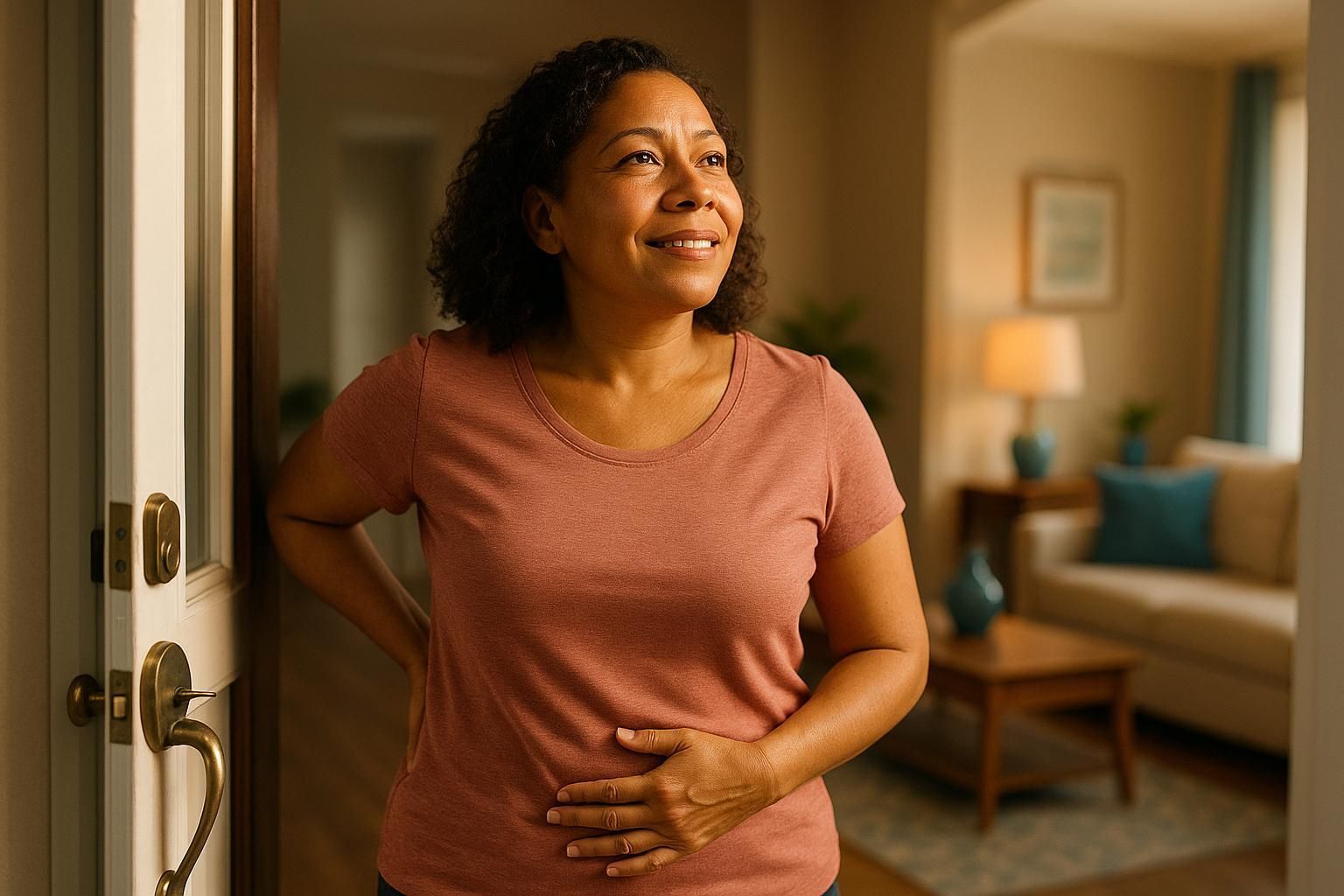The Treatment of Diverticulitis
In the previous blog, we discussed the difference between diverticulosis and diverticulitis including risk factors and symptoms. When it comes to diverticulitis – or inflammation of the diverticula – understanding the available treatment options is crucial because they can range from simply “taking it easy” to emergency surgery and everything in between. Treatment typically depends on the severity of symptoms and the presence of complications. Let's dive into the possible options.
Mild Cases and Home Care
For mild cases of diverticulitis, doctors often recommend a combination of dietary changes, namely a diet high in fiber and low in processed foods. We may also recommend to follow a liquid diet for a few days to allow the colon to rest, followed by gradually reintroducing solid food. Increasing water intake is also essential. For mild, uncomplicated diverticulitis, antibiotics are not always needed but sometimes may be prescribed to combat infection. Over-the-counter pain relievers, such as acetaminophen (Tylenol) or ibuprofen, can help manage discomfort. Of course resting and getting enough sleep will always help one recover faster from an acute infection.
Moderate Cases, Complicated Diverticulitis
In more severe cases where your pain is not well controlled at home, you’re unable to tolerate food or water or you have changes in bowel function, it is possible that you have a more severe case of diverticulitis with or without an abscess that would necessitate hospitalization with antibiotics through an IV. In some instances, if an abscess forms, a drainage procedure may need to be performed to address the infection. If the episode of diverticulitis improves with IV antibiotics and drainage, you may be able to avoid surgery while in the hospital. That said, anyone with complicated diverticulitis may be a candidate for surgery on an elective (aka not emergent) basis.
Severe Diverticulitis and Sepsis
The most severe version of diverticulitis occurs when the diverticula bursts and infection is spreading throughout the entire abdomen, also known as abdominal sepsis or peritonitis. In these cases, patients will experience severe abdominal pain, fevers and they will require emergency surgery to address the problem. Emergency surgery usually involves a larger incision in the middle of your abdomen, removal of the affected portion of intestine (usually the sigmoid colon) and placement of a colostomy which is a piece of large intestine brought out to the abdominal wall. In the case of an ostomy, a person will have bowel movements into a bag that sits over the ostomy. Usually, these patients require hospitalization for about a week with continued IV antibiotics while hospitalized. Once a patient has recovered from this, discussion of reversing the ostomy can generally occur after about 3 months, sometimes up to 1 year from the emergency surgery.
Conclusion: Empowering Choices for Well-being
While the treatment of diverticulitis varies based on severity, it is important to seek medical attention if you are experiencing abdominal pain that does not improve after 24-48 hours. Remember to follow a high fiber diet and stay active for optimal digestive health!
SHARE ARTICLE:
SEARCH POST:
RECENT POSTS:






